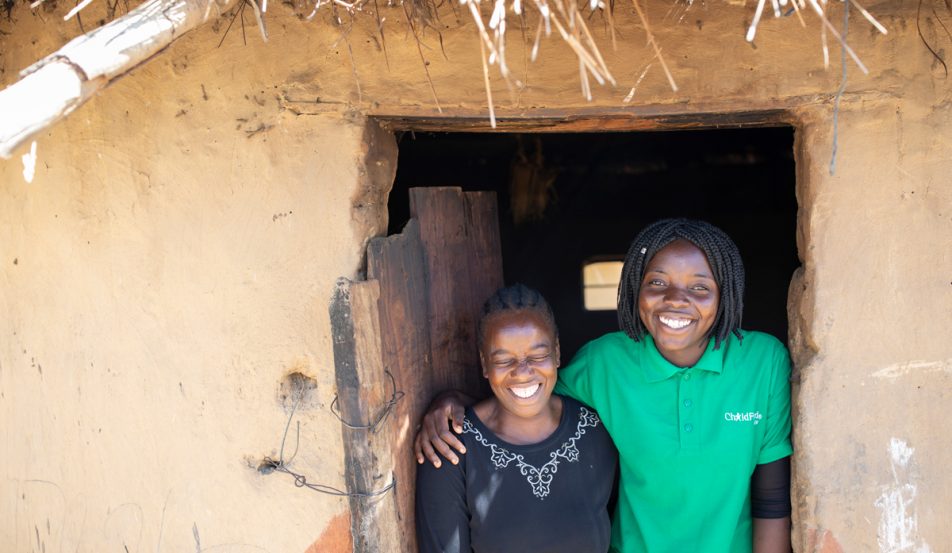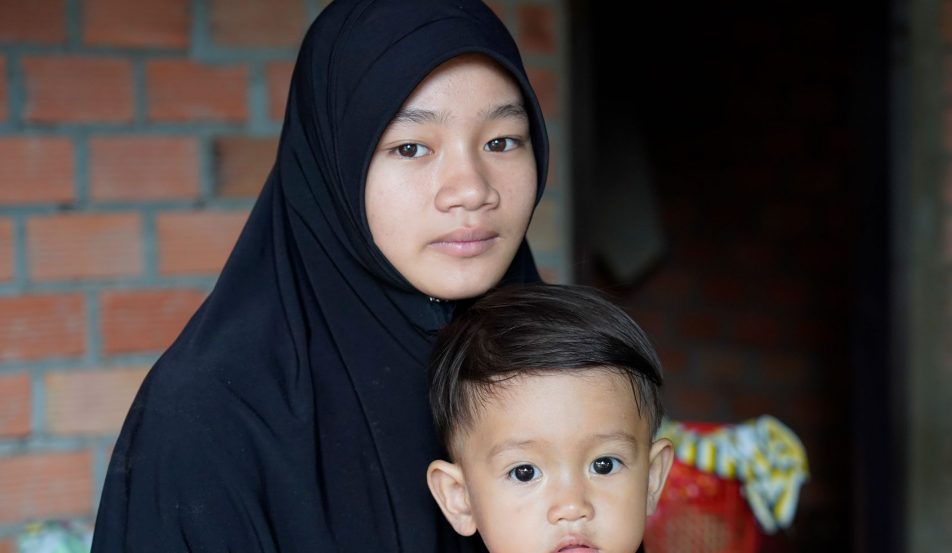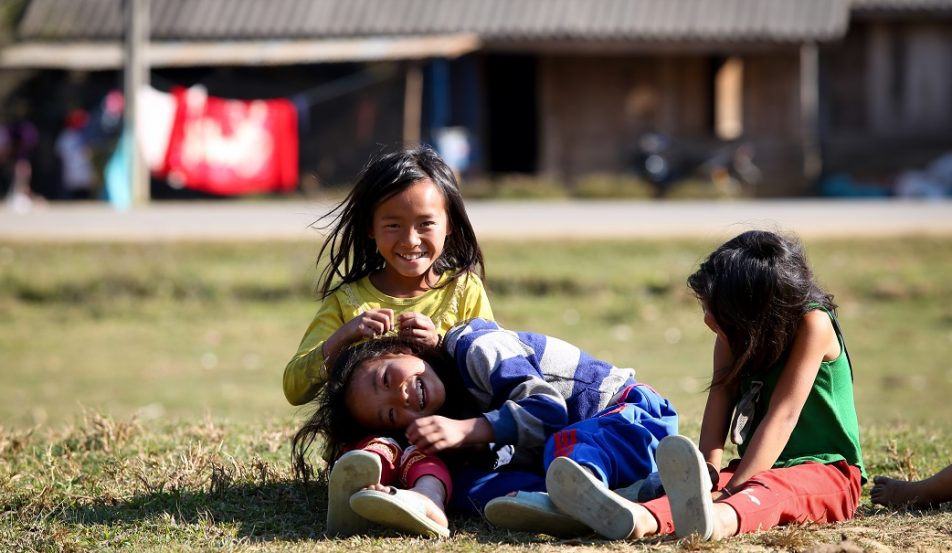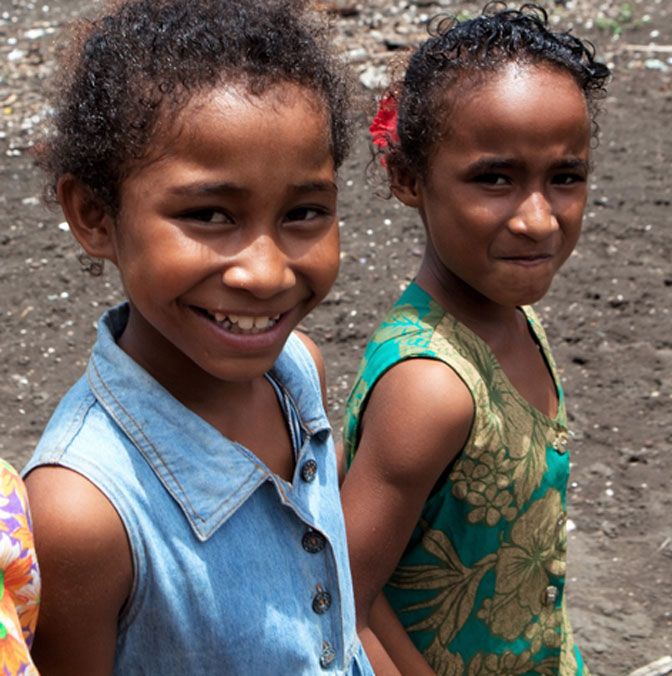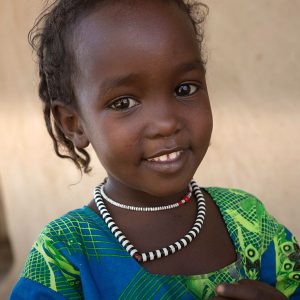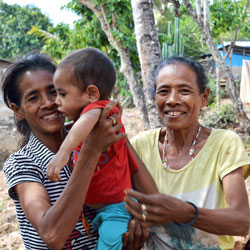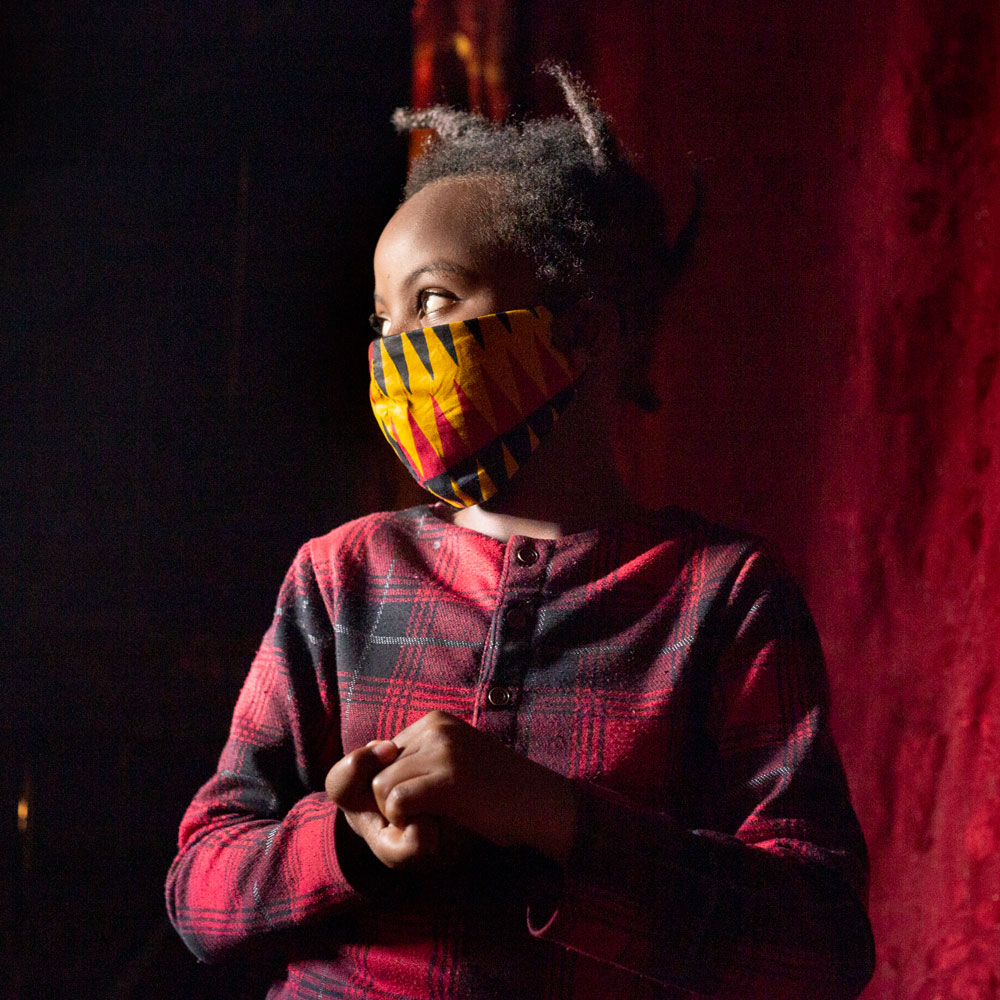African children want an end to forced child marriage
On 16 June the world commemorated International Day of the African Child, a day to honour children`s rights. The continent-wide event ensures no one will ever forget the children who lost their lives in Soweto, then a township in South Africa, on this terrible day in 1976. Their only crime was advocating for the right to education for children in Africa.
International Day of the African Child: The tragic events of 16 June 1976
Sadly, of the thousands of schoolchildren who marched on 16 June 1976 to call for higher-quality education and the right to learn in their own languages, hundreds were shot. The official number of deaths was 23, but estimates put the number much higher.
One of the first casualties, 13-year-old Hector Pieterson, would become the icon of a movement promoting children`s rights. Since 1991, the Day of the African Child has marked this tragedy and served as an occasion to advocate for children’s rights across the continent” and, in particular, for children themselves to raise their voices.
The legacy of the lost schoolchildren lives on
This year, children from seven African countries marched through Soweto from the Mandela House to the Hector Pieterson Monument and Memorial Museum, joined by representatives of the South African government, the United Nations, international non-profit organisations and other official bodies.
During the march, children and others chanted slogans against early and forced marriage, which is this year`s theme for the Day of the African Child: “Don’t talk about us without us!” “Stop early marriage now!” “Girls are not a commodity, do not trade them for money, but send them to school!” Later, children performed dramatic monologues, poems and other speech advocating for children’s rights.
The fight to end forced child marriage
This year, the Day of the African Child is joined with a parallel celebration of this month’s 25th anniversary of the African Charter on the Rights and Welfare of the Child. The charter explicitly calls for all African countries to push the minimum age of marriage to 18, but child marriage” as well as accompanying issues such as early pregnancies and lack of education and job opportunities for young women” remains a challenge throughout Africa, home to 15 of the world’s 20 countries with the highest rates of child marriage.
“We young girls want to be in a school,” said one girl participating in the march. “That is where we belong not to marriage.”
The struggle for access to a quality education
Soweto is not the only site where commemorations were held. In Guinea, which is recovering from the Ebola outbreak, thousands of children, joined by government and aid organisations, gathered on 6 June in Siguiri, a prefecture on the Niger River, to launch Month of the African Child.
Near the site of Guinea`s celebration is a gold mine, and many young children work there, missing school and placing themselves in danger. That was the issue on Mamadou`s (pictured right) mind, and the 14-year-old year-nine student was excited to exercise his right to speak out.
“This moment is an occasion for me to pass messages to parents and even friends,” he said. “In my district, most of the children of my age and even younger are in the gold mine. Some are there through because of pressure from their parents. These children are not attending school. Instead, they spend every day from morning to evening digging hard, rocky ground in search of gold.
“Parents, please help your children to go to school,” he said. “School builds children’s minds and prepares them for tomorrow so that they can be helpful to you.”
He worries about his friends’ thinking that money is the answer to problems. “I am telling them that I agree with them that money is good, but you need to have the education and training to be able to manage money and know how to multiply it,” he said.
As Mamadou has pointed out, choosing money over education is one of the many reasons children can remain trapped in the poverty cycle.
“I tell my friends who have gone to the mine to go back to school for the education and training that will let them manage money, because school builds the mind.”
How you can help children in Africa
At ChildFund, we believe every child should be able to say “I am educated” and “I have a future”. To help us achieve our goal, we need your help.
Donate to our current appeal before June 30th and your donation will be tax deductible, which means you’ll be able to claim it on your tax return. There’s no better time of year to give back, to get back.
If you would like to make an ongoing donation to help children in poverty, you may be interested in sponsoring a child. You’ll donate a monthly contribution to support a child in poverty, which will be used to provide them with school supplies, healthcare, and other essentials. If child sponsorship interests you, learn more about sponsoring a child here.



